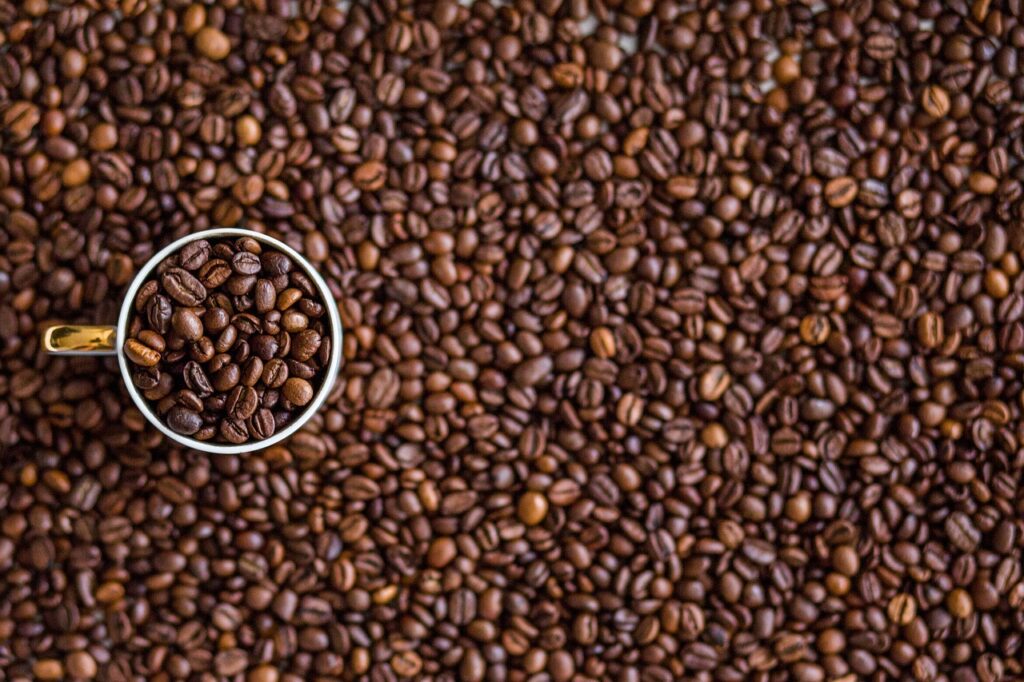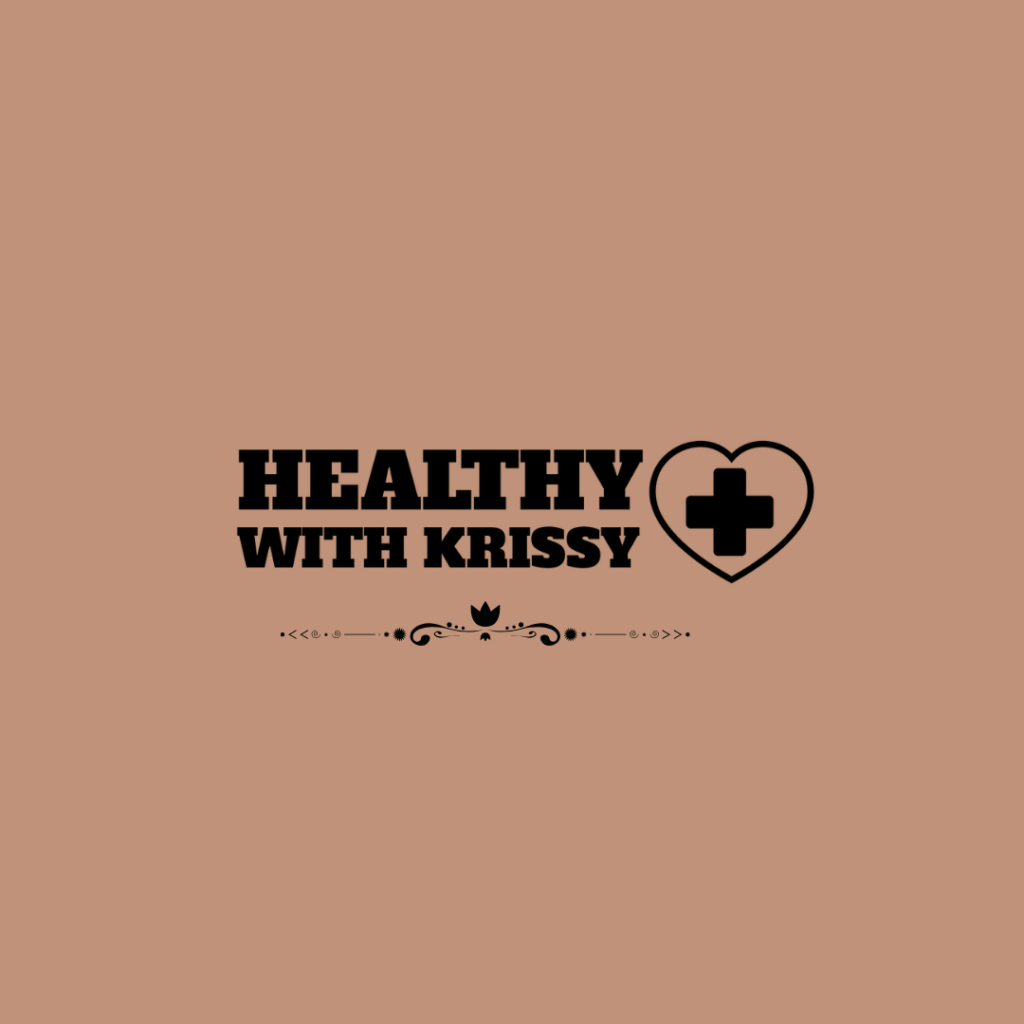As I promised in my previous post about caffeine, we will be discussing caffeine addiction. If you haven’t read it yet, you should check it out here because there are some interesting facts that you probably didn’t know. Now let us dive into today’s topic and find out more about this problem.
We live in a world where we get addicted to almost anything. Scrolling on our phones, nicotine, alcohol, eating sweet things, or some of the gourmands, even drugs. Yes, drugs can be taken legally, but only with a prescription. Caffeine is no exception to this because as we know, it is legal.
The term caffeine addiction refers to the physical and psychological dependence that can develop from regular and excessive consumption of caffeine. While caffeine is a legal and widely consumed stimulant, its addictive properties are real and can lead to a cycle of dependence.

How does caffeine addiction develop?
Caffeine works by blocking adenosine as we talked about in the mentioned previous post. However, over time, the brain adapts to the consistent presence of caffeine by increasing adenosine receptors. This means that more caffeine is needed to achieve the same stimulating effect, leading to tolerance. When someone stops consuming caffeine, the abundance of adenosine receptors causes withdrawal symptoms, encouraging further consumption of caffeine intake to feel normal again.
Symptoms of caffeine dependence
As with any addiction, even this one leaves its marks and cues on us. The caffeine addiction likes to leave these:
Tolerance: Need to consume more caffeine over time to feel the same desired effects.
Withdrawal: Experiencing symptoms such as headaches, fatigue, irritability, depressed mood, and difficulty concentrating after reducing caffeine intake. These symptoms typically begin within 12-24 hours of stopping and can last several days.
Cravings: Strong desires or urges to consume caffeine to relieve withdrawal symptoms or feel alert.
Withdrawal symptoms
Just as with every addiction, there are consequences when we try to break free of it. The consequences are just a different word for withdrawal symptoms because sometimes they can get so bad, that we decide to get back to the addiction we were trying to get rid of.
These symptoms can range in severity and they include:
- Headaches: The most common withdrawal symptom, caused by changes in blood flow in the brain.
- Fatigue: Feeling unusually tired as the stimulant effects of caffeine wear off.
- Irritability and mood disturbances: Caffeine withdrawal can lead to irritability, anxiety, or depression.
- Difficulty concentrating: Without caffeine-stimulating effects, people may feel sluggish or unable to focus.

"But where there is will, there also is a way."
I know. Easier said than done. But let’s be real. Having ten cups of coffee or five energy drinks daily isn’t exactly the healthiest option. I am not saying quit caffeine completely but I do think that we should rethink how much we are putting into our bodies and if we want to do something about it. In the end, we only have one body for this life we live. We should trat it like it.
If you decide to try and fight your addiction here are some of the best tips according to me:
- Gradual reduction. Simple as it sounds. Instead of quitting all of it at once, reducing caffeine intake gradually over days or weeks can help minimize withdrawal symptoms.
- Switching to decaffeinated coffee, tea, or beverages can help maintain habits while reducing caffeine consumption.
- Hydration and rest are very important for our body, especially when we are trying to get rid of an addiction. Drinking plenty of water and getting adequate sleep can help the body adjust during caffeine withdrawal.
- Mindful consumption. Tracking caffeine intake and setting limits can prevent addiction from developing in the first place.

I hope you learned something today and maybe that you took some of the advice I shared. If you have tips or tricks on how to overcome an addiction, let me and others know in the comments. If you need support, or you just want to share your personal experience, you can leave a comment, or if you want it more personal, you can alwas send me an email.
And you’ve made it to the end :). Thank you for reading this far and see you next week. Stay happy, and healthy. Bye.

